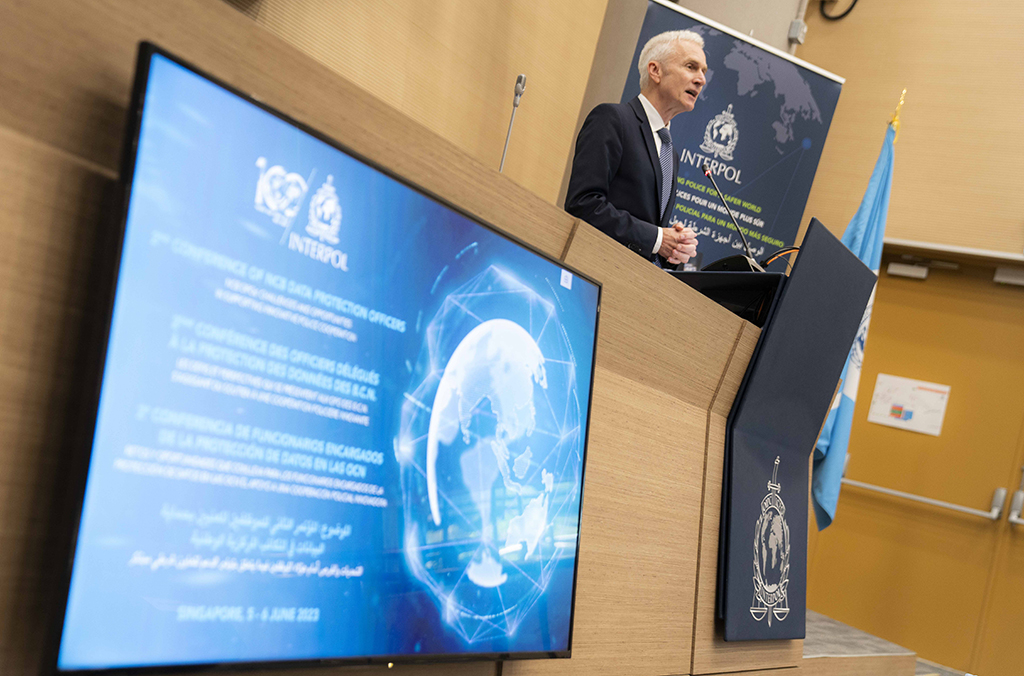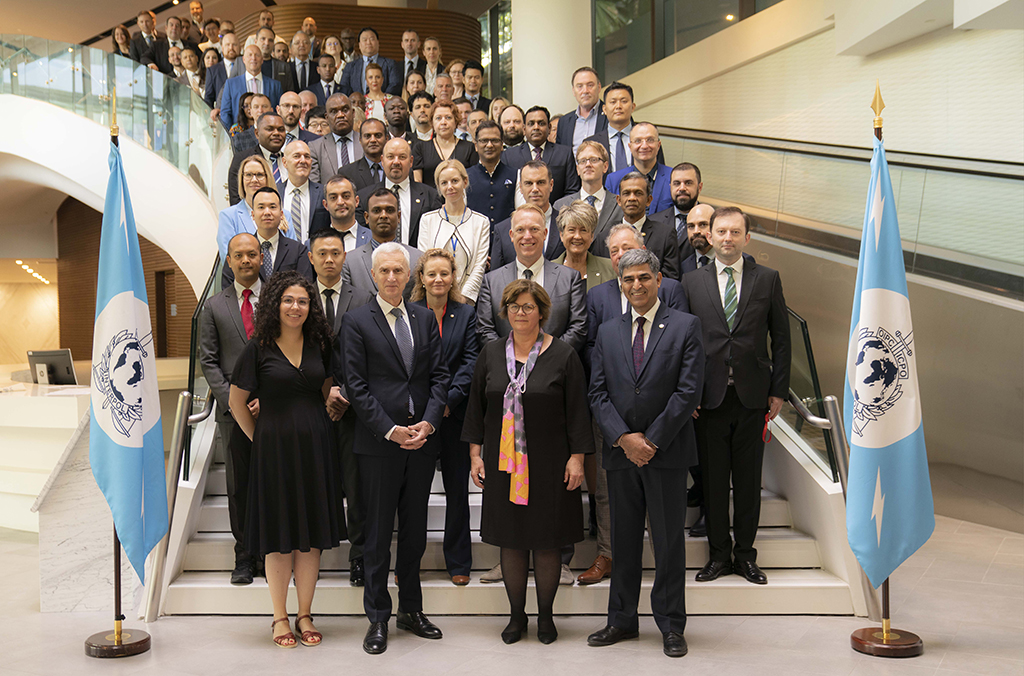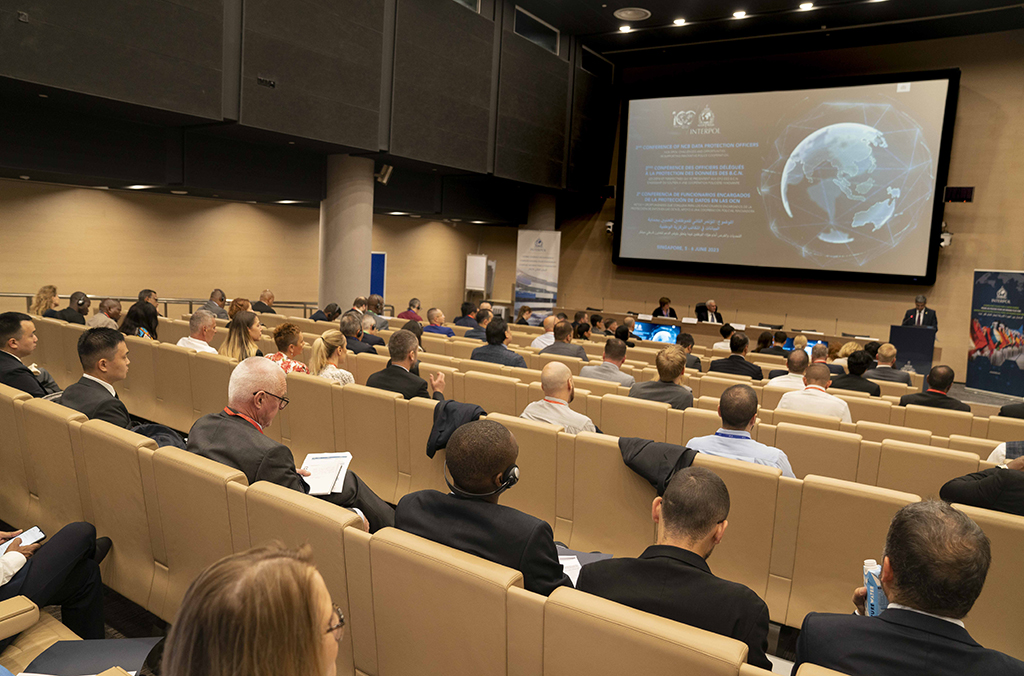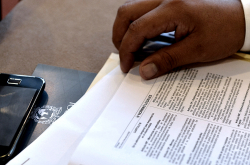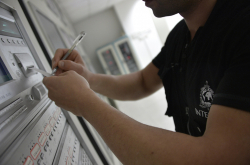SINGAPORE – Evolving technologies and increasing data sources are among the challenges to be addressed at a specialist meeting of Data Protection Officers from INTERPOL National’s Central Bureaus (NCBs).
The two-day (5 and 6 June) meeting, held at the INTERPOL Global Complex for Innovation in Singapore, will also discuss the growth of data volumes and sources, and the corresponding increase in vulnerabilities for misuse and exploitation.
Opening the conference, INTERPOL Secretary General Jürgen Stock said, “For law enforcement, for INTERPOL, securely sharing accurate data is at the very core of what we do.
“Every identification of an abused child, every arrest of a wanted fugitive, every location of a missing person, is based on intelligence exchanged.
“And for this to happen, we require trust in our data, the trust of law enforcement that the information is reliable, and the trust of the public that the information is secure.”
Right to privacy
INTERPOL, which is the only international organization with a global network of mandatorily appointed data protection officers, has a long tradition of protecting the right to privacy, which is at the origin of data protection.
In 1974, a resolution was adopted by INTERPOL’s General Assembly on the privacy of information, underlining the need to ‘take into account the privacy of the individual in exchanging information, and strictly confine its availability to official law enforcement and criminal justice agencies’.
Recommendations from the Organization’s statutory meetings underline the need for NCBs to ensure that all data they process should comply with INTERPOL’s Constitution and Rules, and with applicable national laws and international obligations.
And, in 2019, the Committee on the Processing of Data was established as a standing body to constantly assess and review INTERPOL’s Rules so that they remain fit for purpose and aligned with evolving international standards.
See also
Related news

Breakthrough in longstanding Dutch missing person case
11 October 2024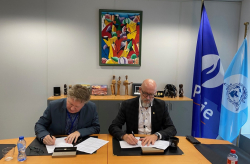
INTERPOL welcomes new DNA legislation in Belgium
11 April 2024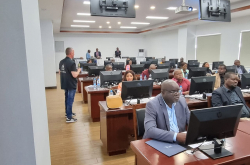
Border security threats focus of STOP operations in Africa
8 December 2023
INTERPOL unveils new biometric screening tool
29 November 2023




